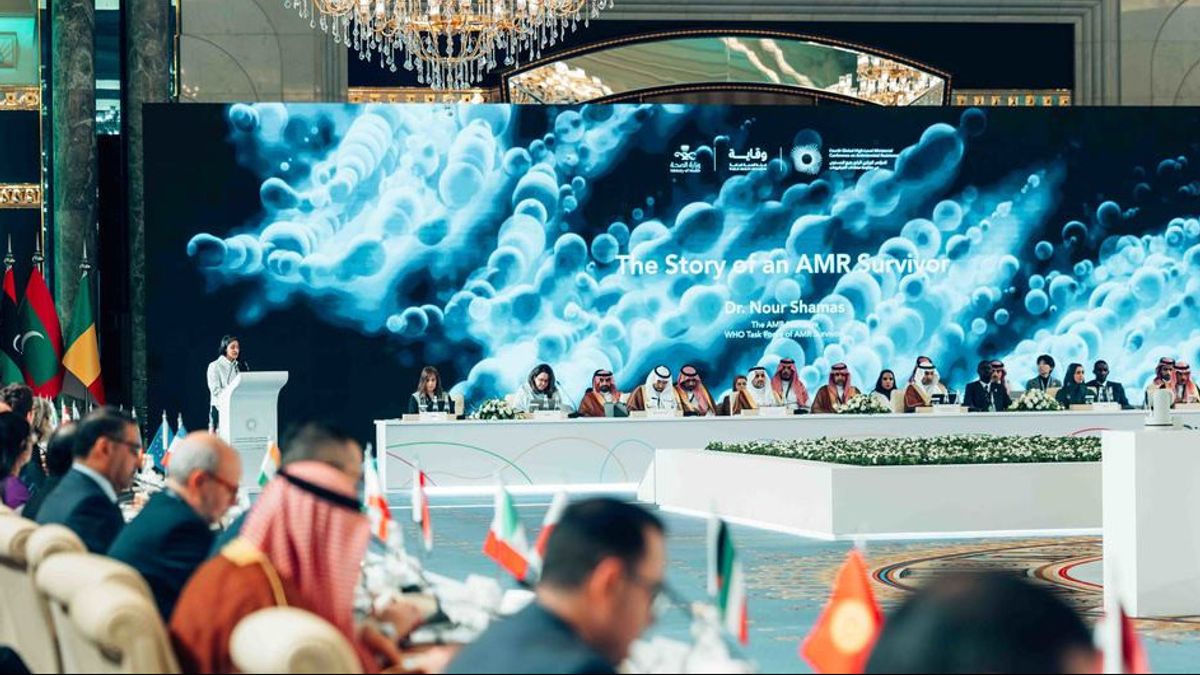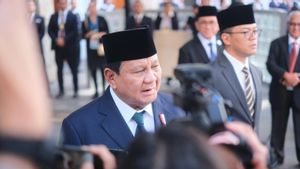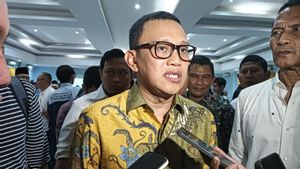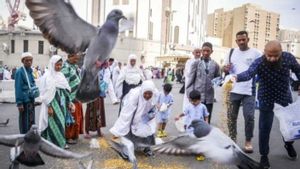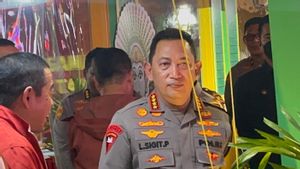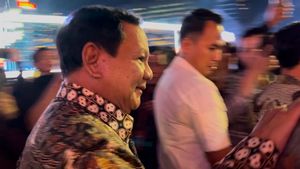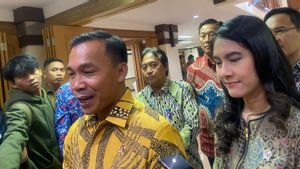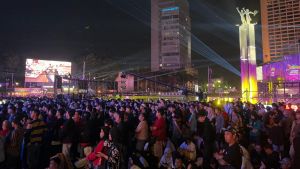JAKARTA - Health ministers and world experts gathered in Saudi Arabia to discuss efforts to deal with the anti-coba resistance (AMR) that claimed 1.4 million lives each year.
In a ministerial-level conference on November 14-16, they warned that that figure could jump to 39 million by 2050 if no immediate action was taken.
"AMR threatens the public of all ages, has an impact on human health, animals, plants, the environment, and food security," Saudi Health Minister Fahad Al-Jalajel said in his opening speech.
"In order to successfully overcome AMR, we must adopt a OneHealthcomprehensive approach that systematically overcomes obstacles that hinder progress," he added, quoted by Antara.
The meeting also became a platform for Saudi Arabia to announce three new initiatives related to AMR to address urgent issues over a clear period of time.
Assistant Saudi Health Minister DrMohammed bin Khalid Al-AbdAl-Aali highlighted OneHealth's approach, which integrates various sectors such as human health, animal health, agriculture, and the environment.
SEE ALSO:
He said the country's leaders shared ideas and handled the complicated issues.
Meanwhile, the Director General of the World Health Organization (WHO) Dr.Tedros AdhanomGhebreyesus warned of the threat posed by AMR.
"Resistency of corruption is not a risk in the future," he said. "That condition has happened here and now."
He added that AMR makes many antibiotics and other drugs less effective and makes common infections more difficult to treat or become deadly.
According to WHO Regional Director for the Eastern Mediterranean, Dr. HananBaly, effective efforts could save up to 99 billion US dollars (approximately IDR 1,570 trillion) of health care costs by 2025.
The effort also has the potential to increase the global economy by 990 billion US dollars by 2050.
However, he stressed that the development of new antibiotics takes about a decade and costs 1.2 billion US dollars, even though bacterial resistance can make antibiotics ineffective in just two years.
The English, Chinese, Japanese, Arabic, and French versions are automatically generated by the AI. So there may still be inaccuracies in translating, please always see Indonesian as our main language. (system supported by DigitalSiber.id)
